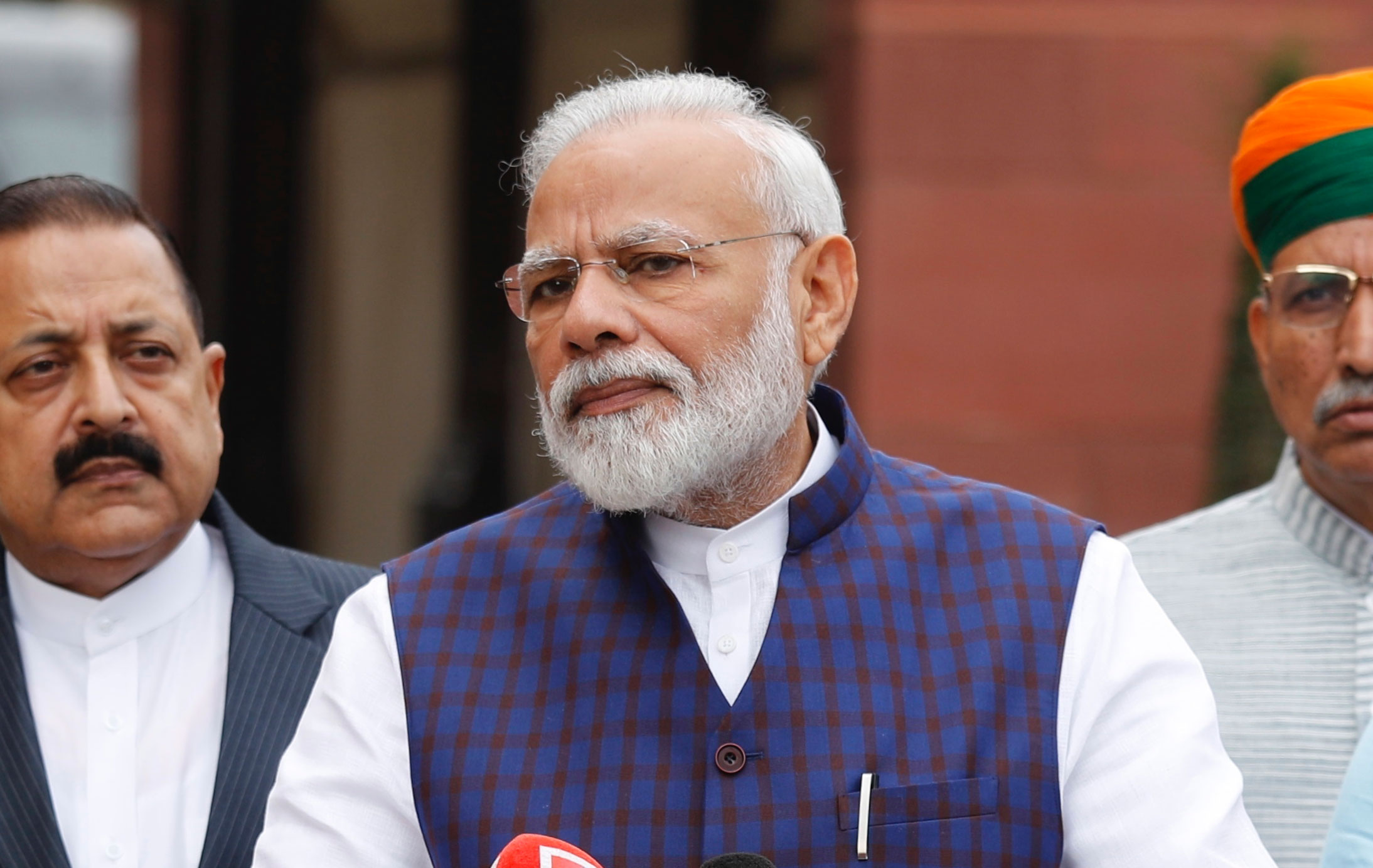Saying the matter had been adjourned many times and will have to heard someday, the Supreme Court on Tuesday fixed April 14 for hearing a plea by Zakia Jafri, wife of slain MP Ehsan Jafri, challenging the SIT's clean chit to then Gujarat chief minister Narendra Modi in the 2002 riots.
A bench comprising Justices A M Khanwilkar and Dinesh Maheshwari posted the matter for hearing in April after Zakia's counsel sought an adjournment and urged the court to post it after the Holi vacation.
When advocate Aparna Bhat, appearing for Zakia Jafri, told the court the issue in the matter is contentious, the bench said, “It has been adjourned so many times, whatever it is, we will have to hear it someday. Take one date and make sure you all are available.”
Her counsel had earlier told the apex court that a notice needs to be issued in the plea as it relates to an alleged “larger conspiracy” from February 27, 2002 to May 2002.
Ehsan Jafri was among the 68 people killed at Gulberg Society on February 28, 2002, a day after the S-6 Coach of the Sabarmati Express was burnt at Godhra killing 59 people and triggering riots in Gujarat.
On February 8, 2012, the Special Investigation Team filed a closure report giving a clean chit to Modi and 63 others, including senior government officials, saying there was “no prosecutable evidence” against them.
Zakia Jafri filed a petition in the apex court in 2018 challenging the Gujarat High Court's October 5, 2017 order rejecting her plea against the decision of the SIT.
The plea also maintained that after the SIT gave a clean chit in its closure report before a trial judge, the petitioner filed a protest which was dismissed by the magistrate without considering “substantiated merits”.
It also said the high court “failed to appreciate” the petitioner's complaint which was independent of the Gulberg case registered at Meghaninagar Police Station.
The high court in its October 2017 order said the SIT probe was monitored by the Supreme Court. However, it partly allowed Zakia Jafri's petition as far as its demand of a further investigation was concerned.
It said the petitioner can approach an appropriate forum, including the magistrate's court, a division bench of the high court or the Supreme Court seeking further investigation.










